There is a hidden phenomena that occurs in a business, legal, medical or fitness/sports relationship. I think the genesis of this action occurs in our youth. It’s welded with pride, ignorance, ego and what I call, “A Small Toolbox”.
In Japan a particular relationship is referred to as Senpai and Kohai. It is like mentor and protege’, but not as strong as we see it in the western world. Think of a senior and junior. This type of relationship is seen throughout history and certainly in our day to day lives. Parents/children, doctor/patient, lawyer/client, law enforcement/citizen, coach/athlete. While the simplistic view of this is a dominant and subordinate dynamic, if you dig further, you realize the Senpai is essentially a service person. Parents are responsible for children, doctors must cure patients, lawyers must interpret the law, police serve and protect and coaches are responsible for their athletes performance. It seems like a pretty simple arrangement, but there is a flaw. The flaw is this. When the Senpai’s toolbox is small or incomplete, they must leave their ego at the door, [your ego is not your amigo] and either expand their toolbox or find a peer with a different set of tools to facilitate the Kohai. Usually this is not the case. What usually happens is the Senpai’s suggestion of not accepting his own lack of tools, but reflecting on the Kohai’s lack of will. The band aid cure will be Nihilism.
The suggestion from the Sempai is that the Kohai is simply not trying hard enough or is unwilling to make a sacrifice. This concept is solely based on ego and ignorance. To put it in simple terms, their toolbox sucks.
Some examples might clarify this-
A child is having problems with his Algebra class. He come to his father for help. Rather than checking the internet, getting a tutor or joining a study group, the answer is, “Get in your room and study harder!!”
Rather than a lawyer challenging the opposing divorce attorney and demonstrating lapse of evidence to the magistrate, they simply keep notes on billable hours and say, “I’ll need more of a retainer”.
A boxer returns to his corner, barely able to lift his arms, gasping for air. He hopelessly looks at his trainer who yells in his face, “Are you going to let that guy beat you in front of your friends and family?”
With an aching back, the chiropractor tells you to, “Stop sitting in front of a computer all day”, when in fact, that is how you make your living and feed your family.
The effect of a small toolbox is to deflect responsibility not on to your own shortcomings, but on your Kohai. It’s like some medical quack suggesting a juice fast. You pass out from hunger or low blood sugar. When you report back to the charlatan, they pronounce, “Well you must have not done it right”.
Realize that in most fields of excellence/study, individuals are encouraged to have a broad, useful, toolbox. In sports, particularly Mixed Martial Arts, a fighter may have a Jiu Jitsu coach, Wrestling coach, Boxing coach, Muay Thai coach, a conditioning coach and a nutritional coach. While all the coaches may have a passing knowledge of the other’s specialties, they have an intense, specialized tool box and realize when they are limited. This is a cooperative art form and the singular goal of the athletes success must be first and foremost.
Within the medical field of vision, you can have Opticians, Optometrists, Ophthalmologists and even Neuro Ophthalmologists. Each expert cannot simply yell at someone who is sight impaired and say, “Hey, try harder!” like a tired, father of the 1950’s who just came home from work at the foundry. It doesn’t work that way. I use the definition of Nihilism to suggest that blaming the Kohai for a lack of singular focus to the exclusion of anything enjoyable or rewarding is a failure of will. The problem lies in their lack of trying, their lack of backbone or toughness. They simply don’t want it bad enough. It can’t be that the coaching is archaic or that the educational material is limited or flawed, it has to be Kohai.
How does one recognize those who have a small tool box? Here are some clues-
-They have a business card that lists lots and lots of lots of things they do. It simply doesn’t say, “John Smith, Attorney at Law”. It lists seven or ten specialties. This is especially common in print advertisements for quacks. There is a billion fonts of texts describing their 322 specialties next to a decade old photo of themselves.
-They don’t refer out. They pretend that they have the tools or that the endpoint that the client wants is not want they want at all. For example if my client wants to do Olympic lifting, I’d refer them across town to my friend Steven Bowser. If they want to exclusively powerlift, I’d refer them to Playground Gym’s Mike King. It’s that simple.
-They never reference other or multiple references. If they give a presentation, they rarely use other experts for fear that the captive audience will leave and use those experts referenced. They fear exposure of their limitations [called, “being human”] will diminish them in some way.
-When some vaporous methodology they use does not come through with magical results, their immediate response is that you must not be following the protocol. Since you are seeking their authority it’s an indication that you are the fallible one.
-If they are challenged, their response is an emotional one versus a process of questioning, examining and arriving at a mutually rewarding outcome. Frequently this will involve a rhetorical question of, “Who is the Coach/Officer/Lawyer/Doctor/Psychic/Mechanic/Accountant? They literally pull the hackneyed, old, “Appeal to Authority” logical fallacy out of their back pockets.
-Rather than a mutually beneficial relationship, they view it as a one way process. So rather than the student enriching the master, you are led to believe the Senpai eats lightening and craps thunder. They are mystical and we all know mystery holds more attention than logic.
So rather than end this thought process with the end of the article, think in your own life when you have come across someone whose toolbox sucks.


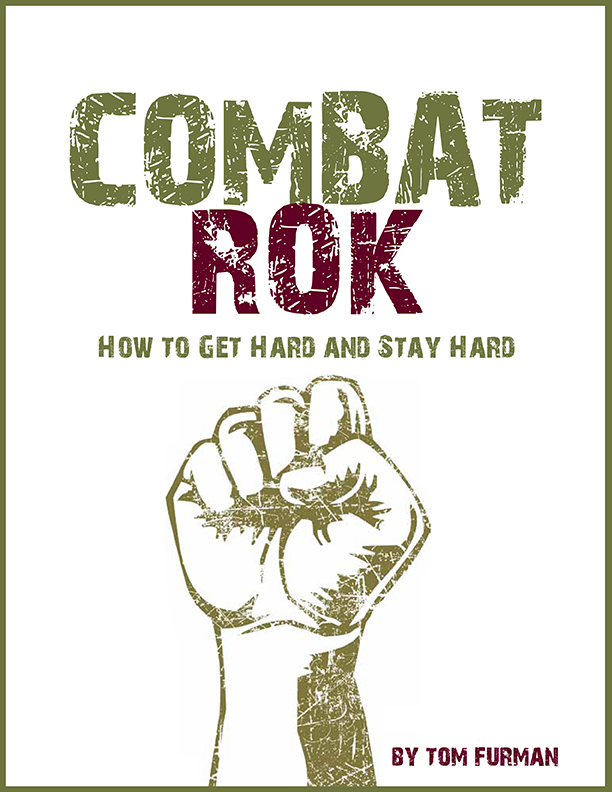
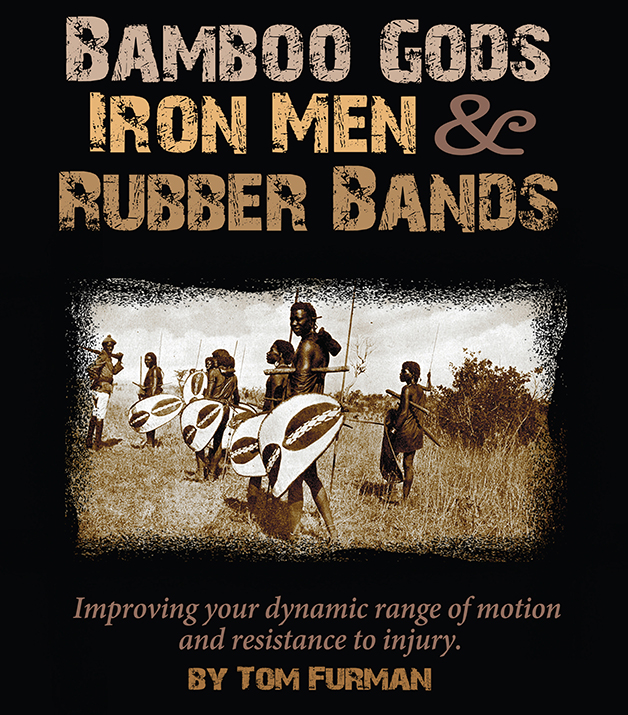




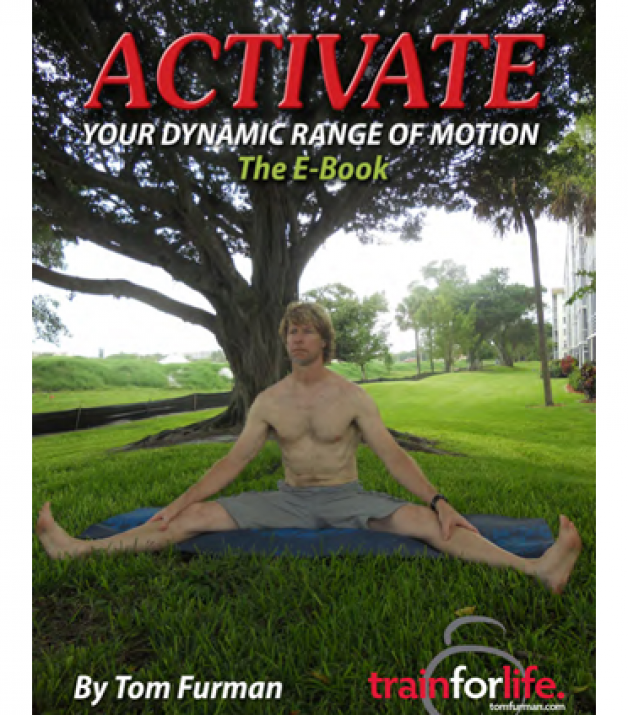

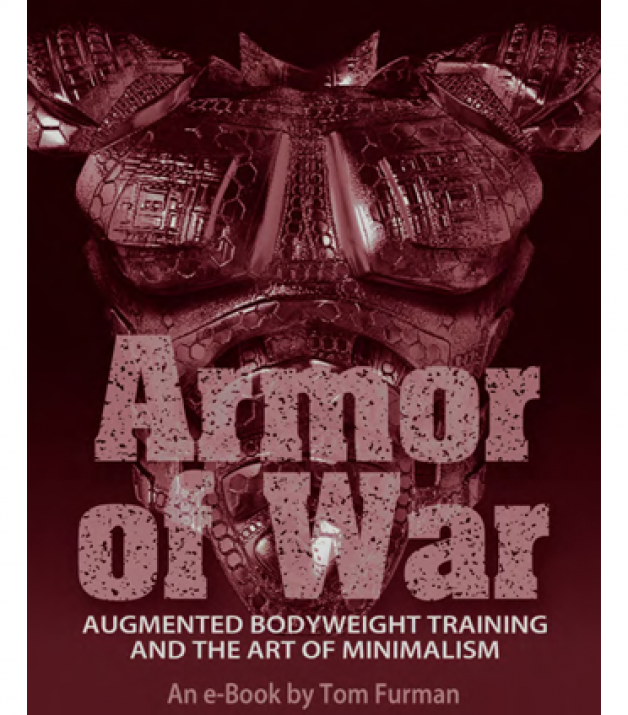
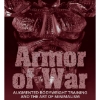
Trackbacks/Pingbacks